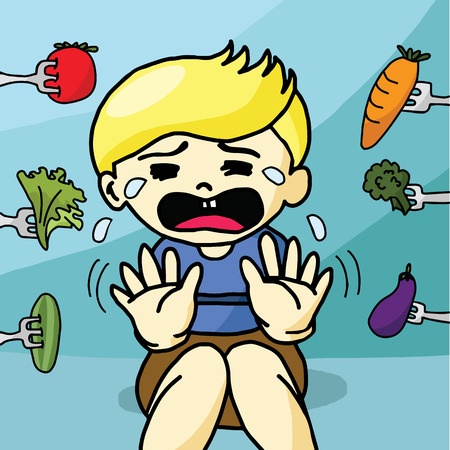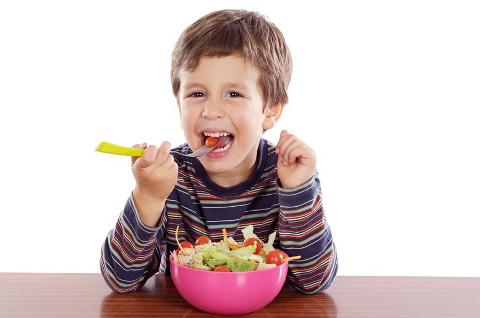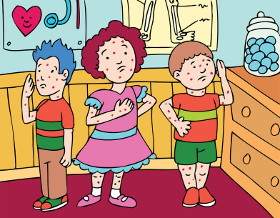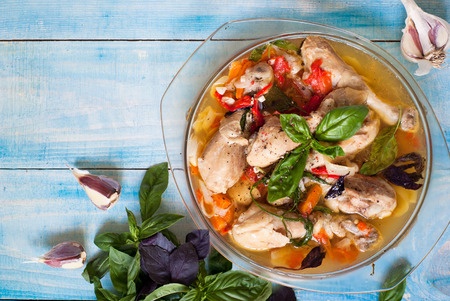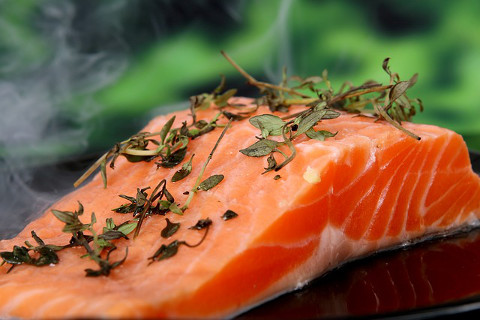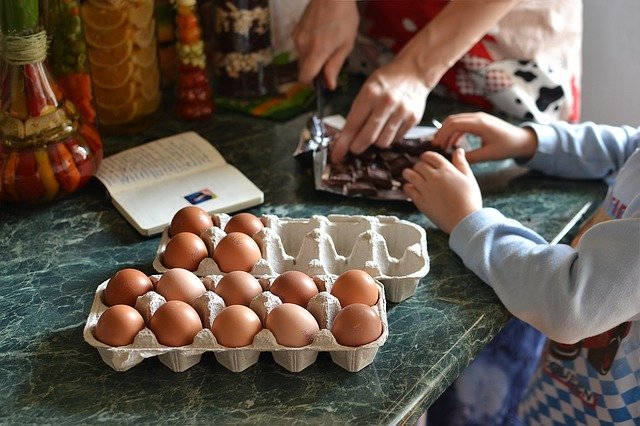When your feisty two-year old clams up his mouth in disdain or starts flinging his plate of greens to the floor, it can be extremely frustrating and worrying for parents.
You try all ways and means to shovel that little bit of green into your tiny tot’s tummy; bribery with TV time and sweet treats, warnings of punishment if they do not comply, sweet persuasion about the virtues of vegetables and the body’s need for its nutrients, pep talks about starving children in Ethiopia, and so on. I know – been there, done that.
After a while, when you’ve exhausted all your ideas (and energy reserves), you’re more or less ready to throw in the towel, accept defeat, and just let your child realize his wrongs the hard way. I.e., when he gets constipated. Or you swing to the other extreme and make each meal a mini World War III, with you hell-bent on getting that minimum three scoops of vegetables from his plate into his little body. Either way, it’s a lose-lose situation for everyone, don’t you think?
Dealing with picky eaters. Here’s a better way to deal with the situation.
1. First of all, accept that your child is demonstrating very normal toddler behavior, which includes asserting her will, testing boundaries, and forming personal preferences.
2. Research has shown that forcing children to eat their greens on the basis of weight issues or because they ‘should’ may lead to them forming eating disorders years down the road.
3. Strive instead for a win-win situation. Work with what your child is willing to eat, know your food groups, and plan meals that take these into account, so that your child gets the nutrients he or she needs even if a text-book balanced diet seems impossible.
It’s true – vegetables provide us with essential nutrients, mainly vitamin A, Vitamin C, dietary fibre, folate and potassium. Consider these substitutes for the vegetables your little one isn’t chowing down on.
For Vitamin A
Keeps eyes and skin healthy and helps to protect against infections.
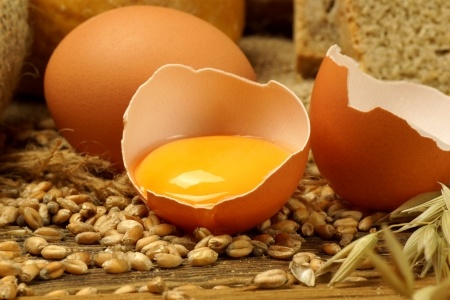
Eat more: Papaya, dried apricots, oatmeal, egg yolks
For Vitamin C
Heal cuts and wounds, keeps teeth and gums healthy, and aids in iron absorption.

Eat more: Guava, kiwi, orange, strawberries, grapefruit
For dietary fibre
Helps reduce blood cholesterol levels, reduces constipation, and may lower risk of heart disease.

Eat more: Multigrain bread, brown rice, oats, beans, nuts
For folate (folic acid)
Helps the body form red blood cells (hemoglobin).
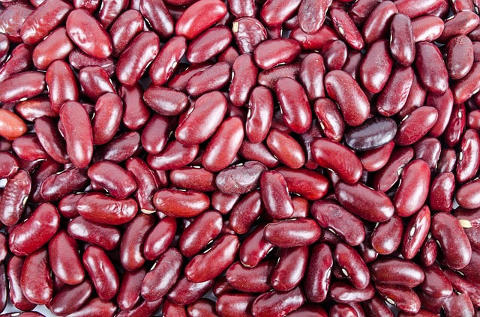
Eat more: Liver, crab, kidney beans, peanuts
For potassium

Helps to maintain healthy blood pressure.
Eat more: Yoghurt, dried apricot, white mushrooms, bananas, salmon
By Dorothea Chow.
* * * * *
Like what you see here? Get parenting tips and stories straight to your inbox! Join our mailing list here.
Want to be heard 👂 and seen 👀 by over 100,000 parents in Singapore? We can help! Leave your contact here and we’ll be in touch.





































